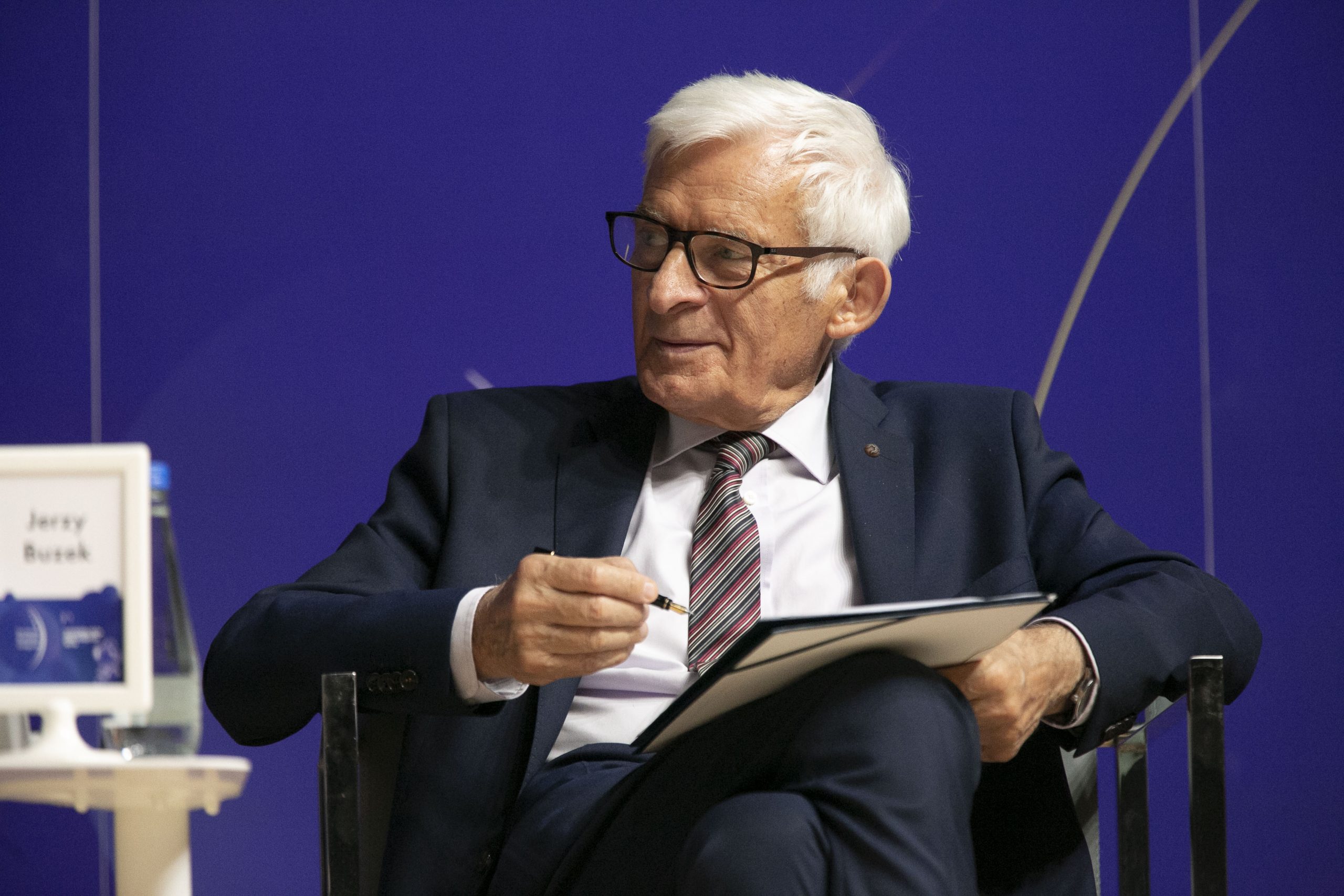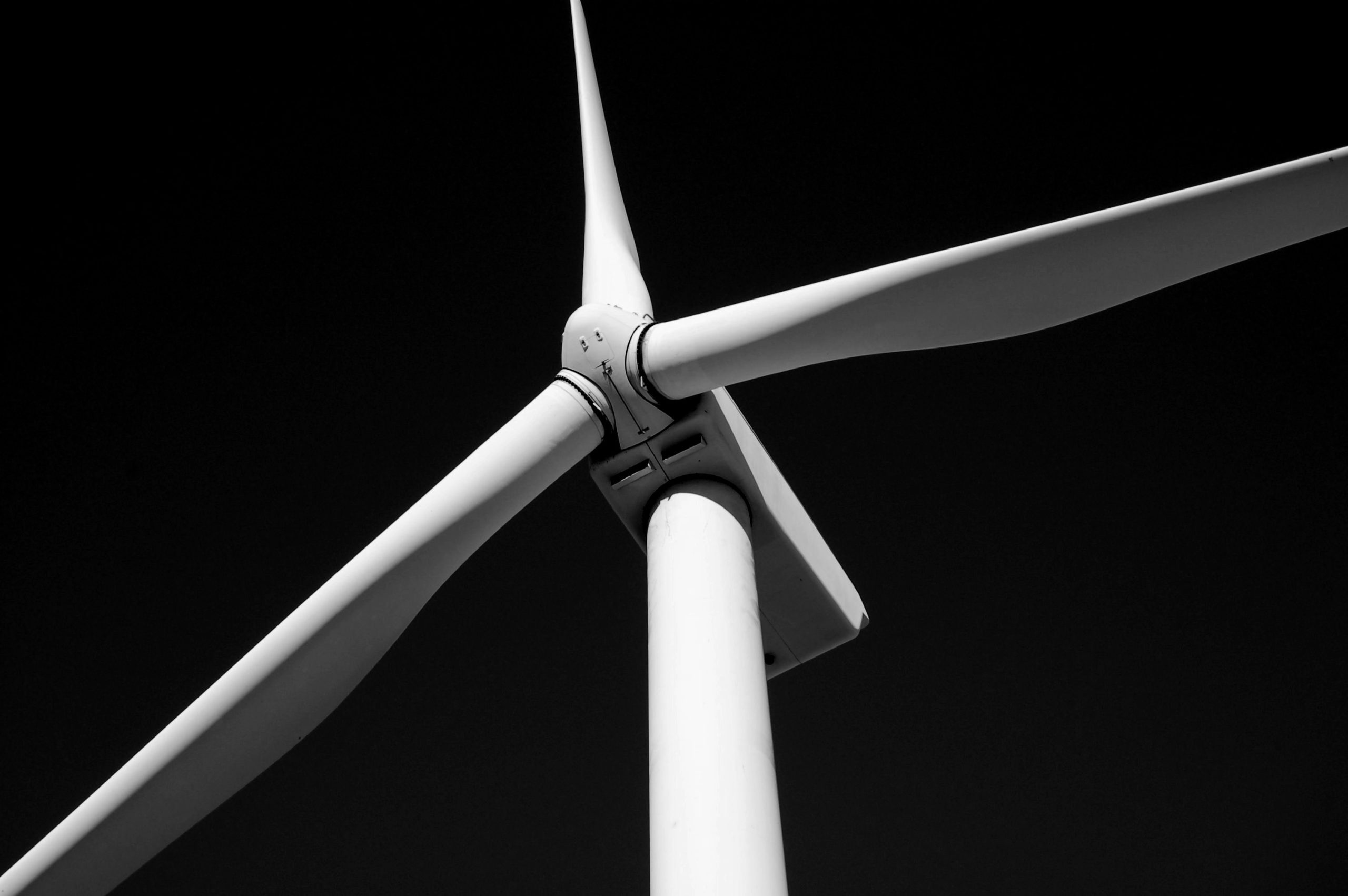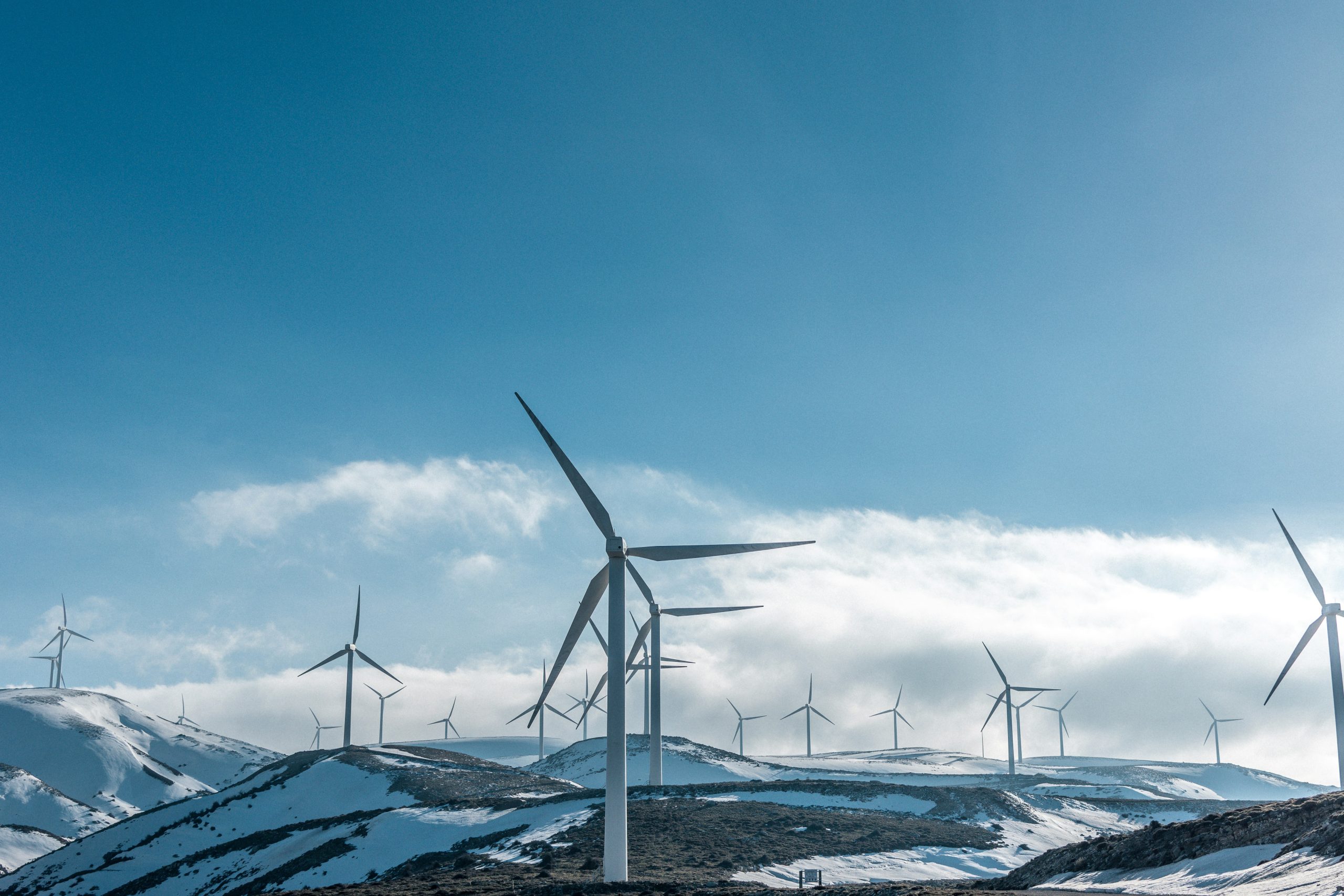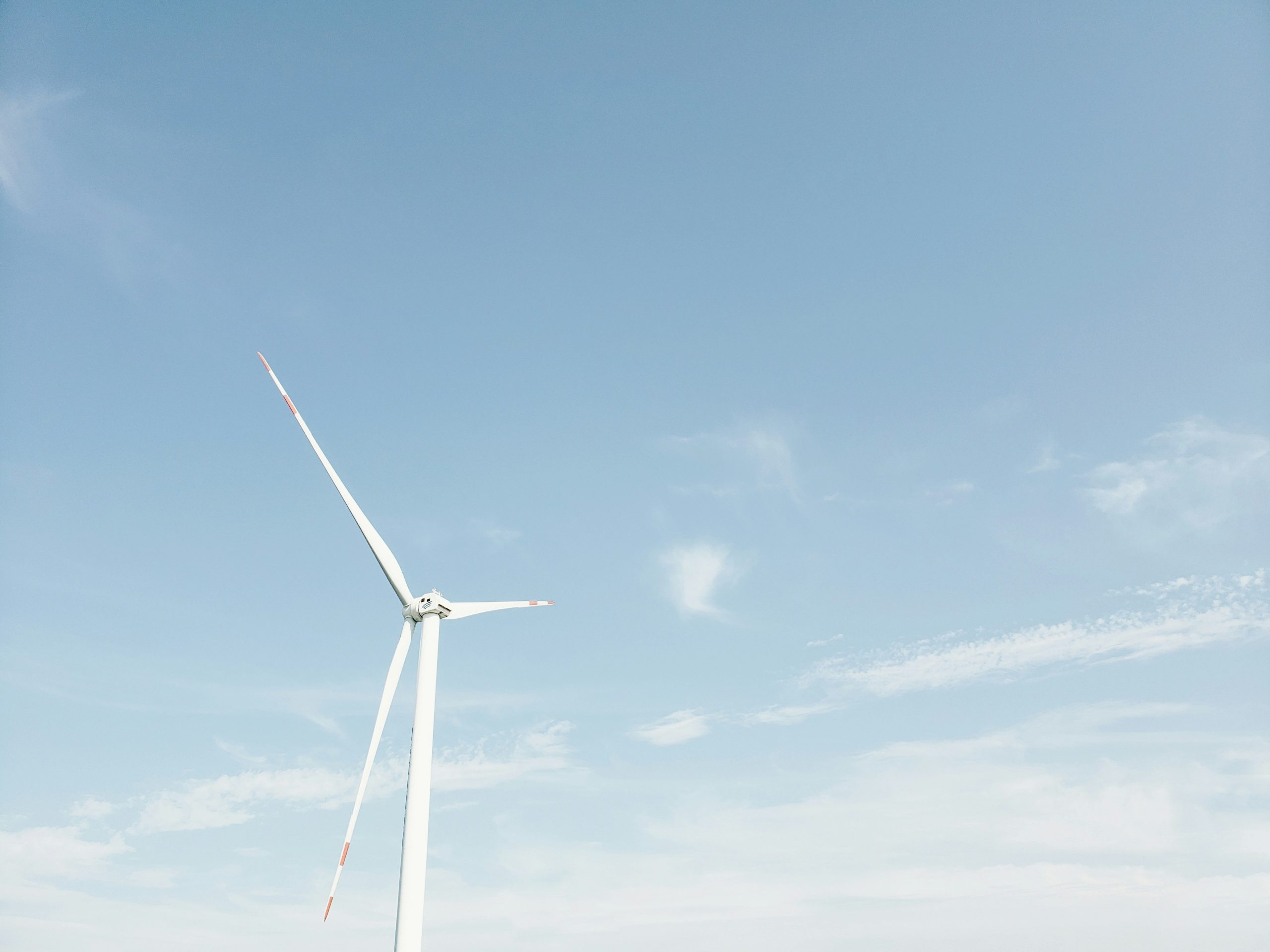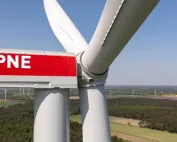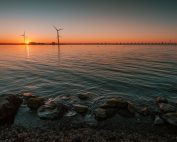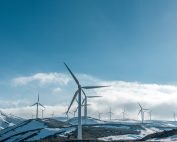– Electrification will most probably not be a silver bullet: it will not be in itself sufficient in decarbonising some of industrial processes or may not be the best for all transport solutions. In other words: we will not win only with electrification but we will certainly lose without it – said Jerzy Buzek, Member of the European Parliament, former President of the European Parliament and Chair of ITRE Committee, in an interview for BalticWind.EU.
Paweł Wróbel: What will allow the European Union’s clean energy transition framework to be seen as an opportunity rather than a threat?
Jerzy Buzek: I would highlight three broad areas on which, in my opinion, we need to re-focus. Firstly – pioneering spirit. Global warming is an existential issue and needs to be addressed globally. To mobilize necessary engagement in the EU, we need creative energy to come up with solutions required to make this transition happen, we need innovative thinking and action based on a positive narrative. Half of the emission reductions on our way to climate neutrality will have to come from technologies that are still not commercially available today. Only a generation of pioneers can respond to that; and by that I do not mean only pioneers in technology, but also ones pursuing new economic and social frontiers.
Secondly – less targets, more pathways. Our goal is quite clear – at European level, and this includes all Member States, regions, societies with all the significant differences in starting points; and at global level. This is why, instead of basing our policy on more specific targets, we should focus on delivering on credible scenarios for pathways to reaching our common objective that give us the needed flexibility. This is key for being able to respond to these differences in points of departure, to reflect the technological, economic and social challenges we face today and last but not least – to prepare and integrate rather than disregard the possible backlashes that may come along the way.
Thirdly – showcase the possible. As we proceed with this most profound systemic transformation, we need to constantly show the road already passed. At all levels – citizens, businesses, countries – we must have the opportunity to see how much we have already achieved, what things thought impossible not long before are the new realities that have concrete benefits – particularly its contribution to prosperity.
What is your opinion on the transition with electrification as its main direction?
Electrification is a primary means because we want to have our energy system based on renewables, because we need to decarbonise transport, because the appliances we use at home and work today run on electricity. And because the solutions most readily available define usually our thinking. However, electrification will most probably not be a silver bullet: it will not be in itself sufficient in decarbonising some of industrial processes or may not be the best for all transport solutions. In other words: we will not win only with electrification but we will certainly lose without it.
We are observing a constantly growing role of prosumers of RES. Will the energy future of households as well as small businesses consist in their own energy production and consumption, e.g. by combining photovoltaic panels or wind farms with heat pumps and electric transport?
If we truly believe that in less than 30 years the EU can and will become the first climate-neutral economy, it seems there is no other option. In general, it usually makes most sense to produce energy as close to where it is consumed as possible. At the same time, let us always remain open to all solutions that are most efficient.
Will the acceleration of the transformation we are witnessing not cause the developmental differences in the European Union’s countries to widen even further? What mechanisms can minimize such risks?
Developmental differences were not a problem for or within the EU. On the contrary: in a way they traditionally market an important area where European integration delivered tangible benefits, because it was founded on a principle of solidarity, with policies and funds that had social and economic cohesion as their underlying principle and value. This does not need to change now. This is not only about creating our Just Transition Fund to ensure ‘no one is left behind’. It is not only about mobilization of those regions or countries that have been lagging behind in terms of R&I. I think the main issue is allowing for different transition paths, attuned to national or local specificities, challenges and opportunities – with technological neutrality as its core principle.
How will energy security change in the future, which we perceive today through the availability of raw materials, mainly fossil fuels?
Energy transformation may help us become independent as regards fossil fuels, but it may and is likely to create new dependencies on raw materials needed to deploy the technologies we need for this transition. That is why at the European level we are developing a strategic approach to critical raw materials and we are linking it with our strategic autonomy approach.
As regards energy security in the future, there is a whole mix of growing challenges: ensuring that energy is available at all times is a huge task today as we think of renewable-based energy systems. Dispersed, prosumer-based solutions will in general create more self-sufficiency, yet they may also be more prone to disruptions and penetration through cyber-attacks. In this context, the growing dependence of our economies on electricity and digital solutions is a challenge in itself with growing state-sponsored hacker groups operating at a global scale. Finally, with our energy systems ever more integrated, we do become more resilient but equally more prone to interdependence and contagion effects.
How can the EU help its companies to become leaders in offering the most desirable green technologies?
Europeans still have what it takes to be world leaders in terms of innovation and entrepreneurship. Europe has the financial institutions and tools that can easily fund the commercialization of these technologies. The key, at EU level, is in my view technological neutrality in approach to what is deemed a “most desirable green technology” and flexibility of our policies, tools and financial instruments to effectively respond to the unknown that comes with technologies that still do not exist – and those we still do not even imagine or dream of.
How to make these benefits available to as many companies as possible from all EU countries?
The answer is obvious: the single market, 4 freedoms, 450 mln potential customers – and transparent, fair and non-discriminatory rules for everyone. So easy and yet so hard at times.
Thank you
